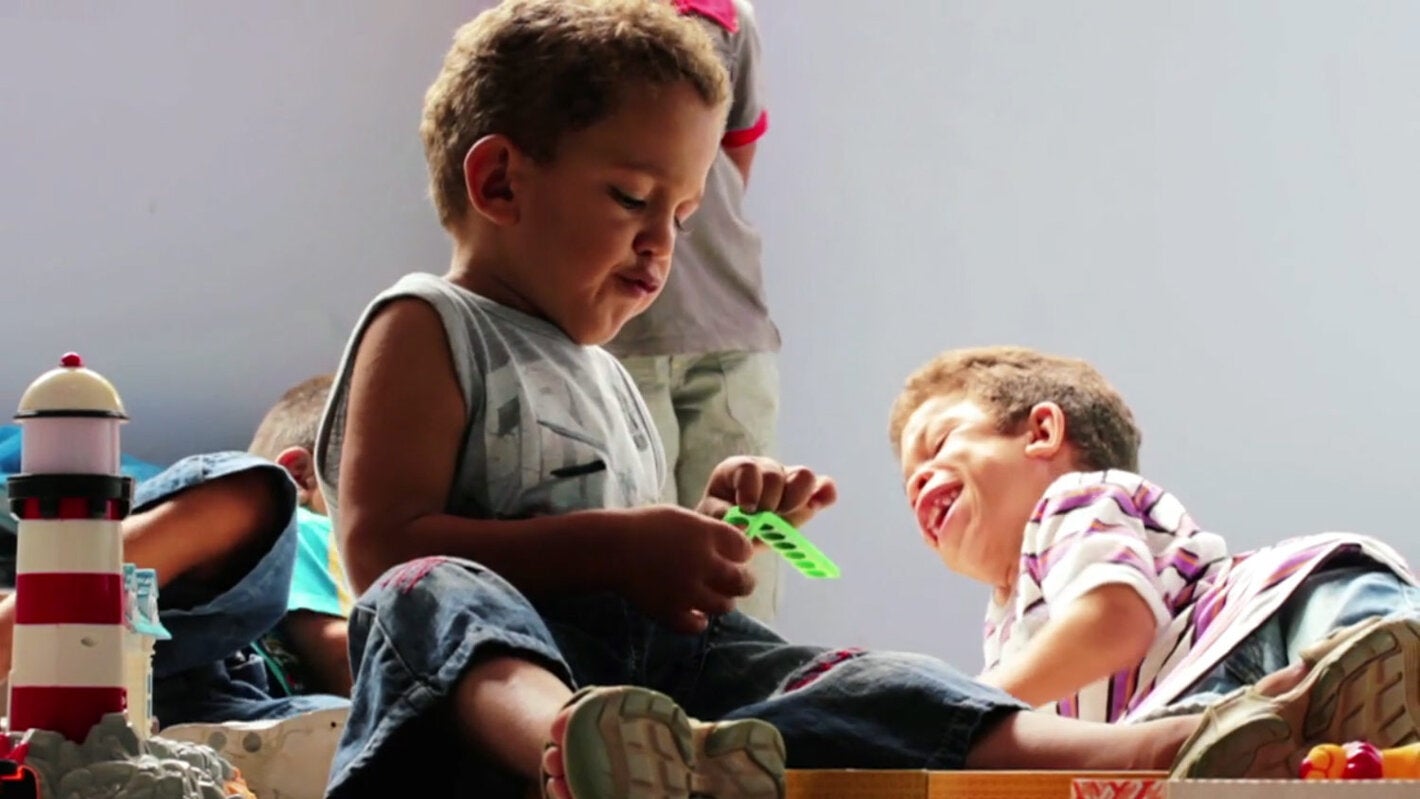
Montevideo, November 30, 2022. According to World Health Organization (WHO) estimates, adverse perinatal outcomes and birth defects are responsible for the loss of 15 million years of healthy life due to premature death and disability. Prematurity and other perinatal conditions contribute substantially to the burden of disease and disability. Within this framework, the Pan American Health Organization (PAHO) is working on a series of strategic lines that include: prevention, screening, surveillance, response and participation of families and communities.
During the 54th Annual Meeting of ECLAMC (Latin American Collaborative Study of Congenital Malformations) and the 7th Meeting of ReLAMC (Latin American Network of Congenital Malformations), the regional advisor on Perinatal Health of the Latin American Center for Perinatology - Women's and Reproductive Health (CLAP/WR), Pablo Durán, summarized the activities that PAHO is developing to address the issue of congenital defects in the region. Previously, the WHO representative, Theresa Diaz, presented the activities promoted by the organization.
Durán referred to the various publications and guides that include relevant information to address the issue and provide clear guidelines on the policies needed for countries to make progress in reducing neonatal morbidity and disability. In this regard, he referred to the PAHO document "Policy Brief. Strengthening the health of newborns in the Americas", which highlights the following 10 strategic lines for care and proposes concrete actions for each case: universal health coverage; reproductive health and preconception care; care during pregnancy and childbirth; essential newborn care; transforming care for sick and small newborns; early initiation of breastfeeding; nurturing care framework; newborn health in humanitarian crisis situations; newborn health workforce for newborn health; and multisectoral approach and civil society engagement.
The advisor also referred to the role of communication. In this regard, he highlighted the development of the eCBB app, which provides families and health personnel with practical information on newborn care. The app can be downloaded from the App Store and Google Play, and is available in Spanish, English, Portuguese and French.
Durán also highlighted the coordination space through the Latin American and Caribbean Neonatal Alliance. Since 2005, the group has promoted evidence-based policy and programmatic interventions at the facility and community levels, supporting countries in the region in their efforts to reduce neonatal mortality and morbidity.



